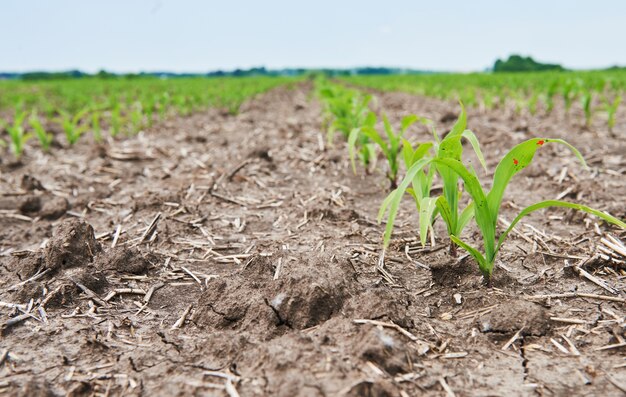Minister of Information and Media and Chief Government Spokesperson, Hon. Cornelius Mweetwa, MP, has announced that the Zambian government is taking urgent and decisive measures to mitigate the ongoing drought’s impact on food security. This announcement follows the 24th Cabinet meeting held on Wednesday, December 11, 2024, which was chaired by His Excellency, President Hakainde Hichilema.
National Disaster Declared
In response to the severe dry spell and its looming effects on maize production, Cabinet has declared the situation a national disaster and emergency. This declaration underscores the gravity of the crisis and sets in motion immediate action to avert a food crisis in the coming months.
Urgent Measures to Ensure Food Security
Several key actions have been outlined to mitigate the impacts of the drought and ensure that food supplies remain stable:
- Defence Forces to Lead Irrigation Efforts: The Defence Forces will continue to lead efforts in food production, focusing on the use of irrigation systems in the northern regions of the country, where water resources are more abundant.
- Maize Production Focused on Key Farming Blocks: Key farming regions, including Luena in Kawambwa, Kalungwishi in Lukulu, and Nalusanga in Serenje, will prioritize maize production to bolster national food reserves.
- Commercial Farmers Contracted by FRA: The Food Reserve Agency (FRA) has contracted 41 commercial farmers to grow early-maturing maize, with an expected yield of 145,000 metric tonnes by March 2024. This is part of a broader strategy to enhance food availability before the next harvest.
- Irrigation System Adjustments: Farmers with irrigation systems have been urged to switch to maize production to support the country’s staple crop and strengthen food reserves.
Maize Imports and Stockpiles
To further address the maize shortage, Zambia has secured 195,000 metric tonnes of maize from Tanzania. So far, 67,000 metric tonnes have been received and distributed to communities in need.
- Sufficient Maize Reserves: Zambia currently holds 750,000 metric tonnes of maize, which is sufficient to meet the country’s needs for the next six months. This stockpile includes reserves from the FRA and private sector contributions, excluding the anticipated early maize harvest.
Encouraging Resilience and Agricultural Innovation
President Hichilema and Cabinet emphasized the need for resilience in the face of climate change, encouraging a shift in agricultural practices to ensure that Zambia remains self-sufficient. The government is calling on all citizens to plant maize and adopt practices that enable year-round harvesting.
Government Interventions to Stabilize Food Availability
The government has also introduced several initiatives to ensure continued food availability:
- Community Maize Sales: These will help stabilize local food markets and prevent a food crisis in rural areas.
- Uninterrupted School Feeding Programs: These programs are being maintained to ensure that schoolchildren continue to receive nutritious meals despite the drought.
- Affordable Mealie Meal Availability: The Zambia National Service, in collaboration with allied millers, will continue producing and distributing affordable mealie meal to the public.
A Call for Unity and Hope
In his statement, Hon. Mweetwa urged all citizens to remain hopeful and cooperative as the government implements these measures to navigate the drought-induced crisis. He reassured the nation that no Zambian will die of starvation, highlighting that the government is committed to ensuring food security for all.
With these decisive steps, the Zambian government is working to mitigate the effects of the drought, protect vulnerable communities, and safeguard the nation’s food supply in the coming months.






